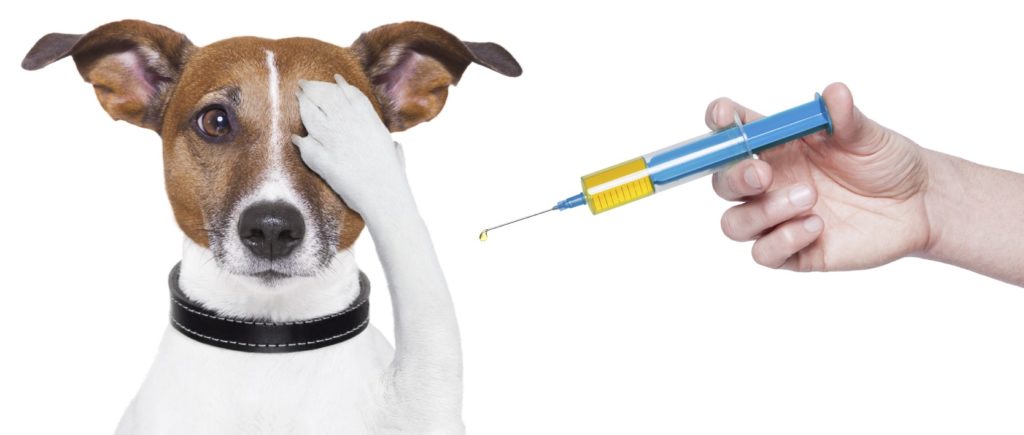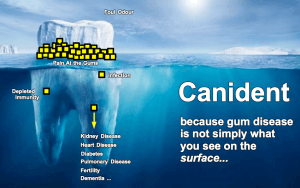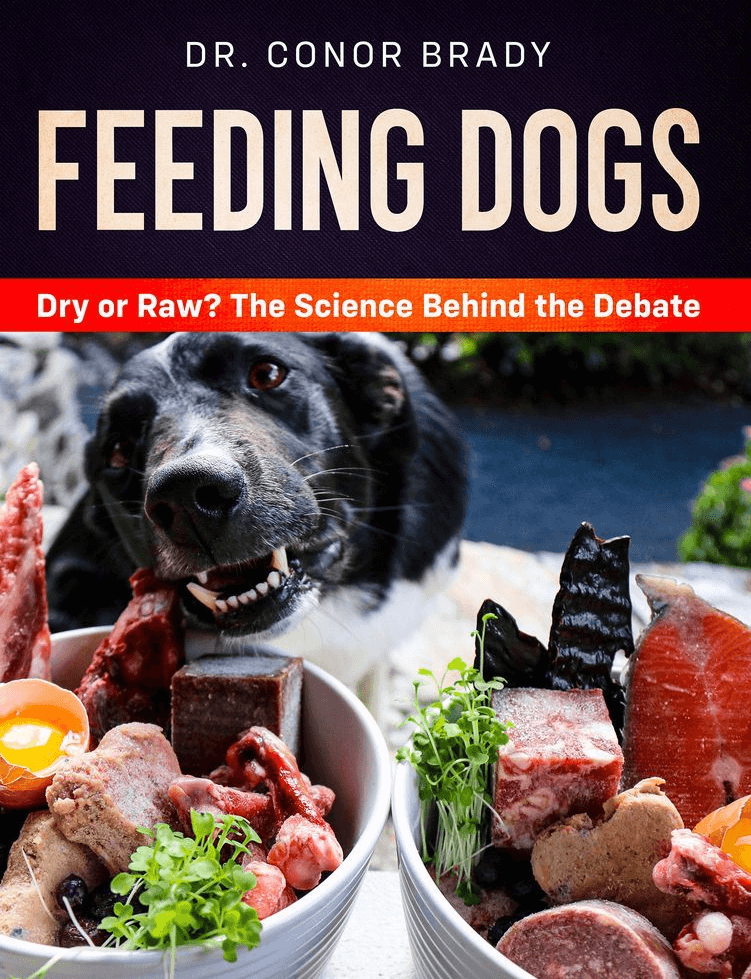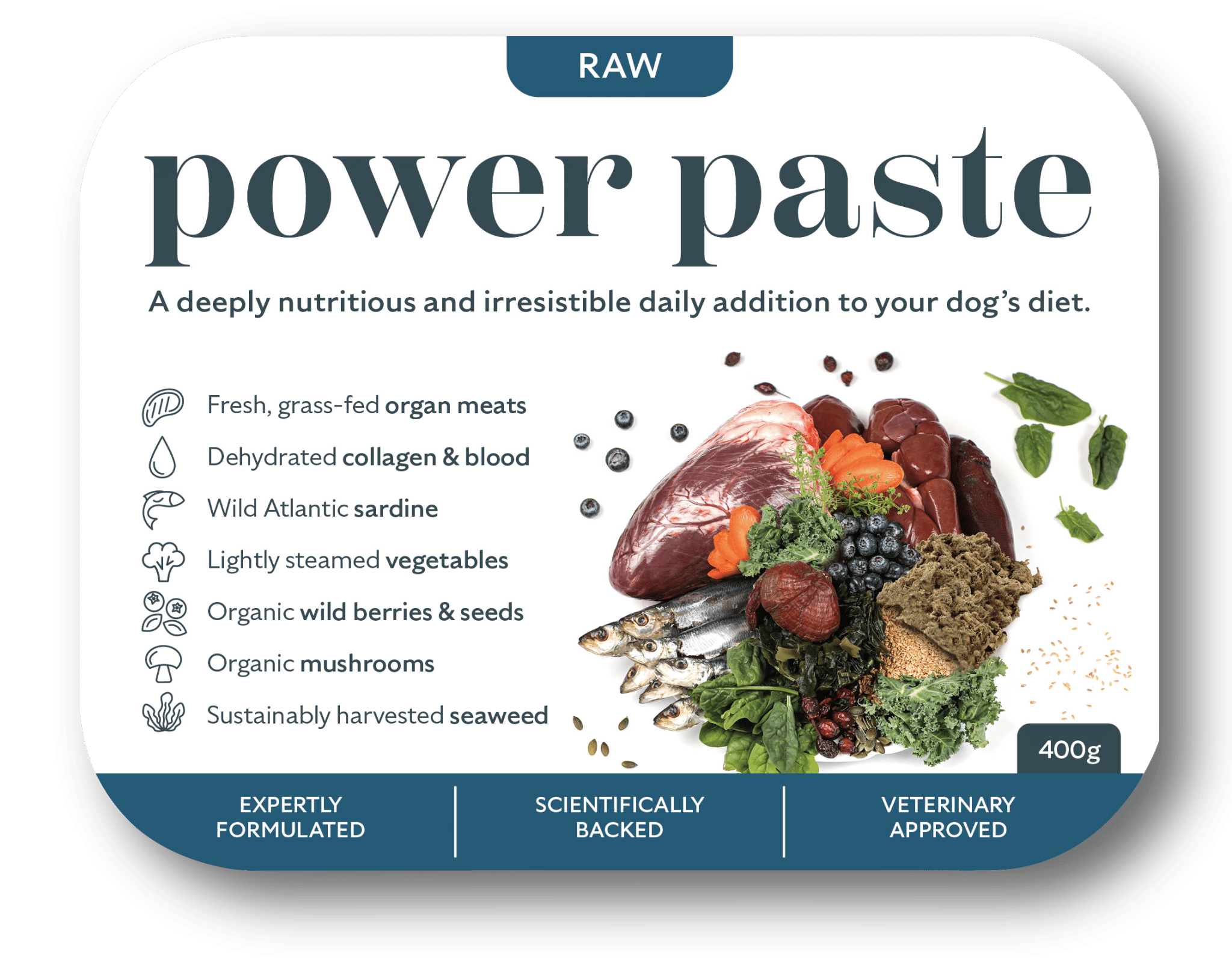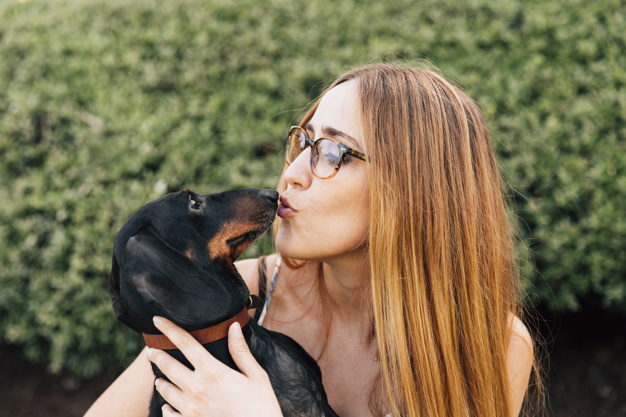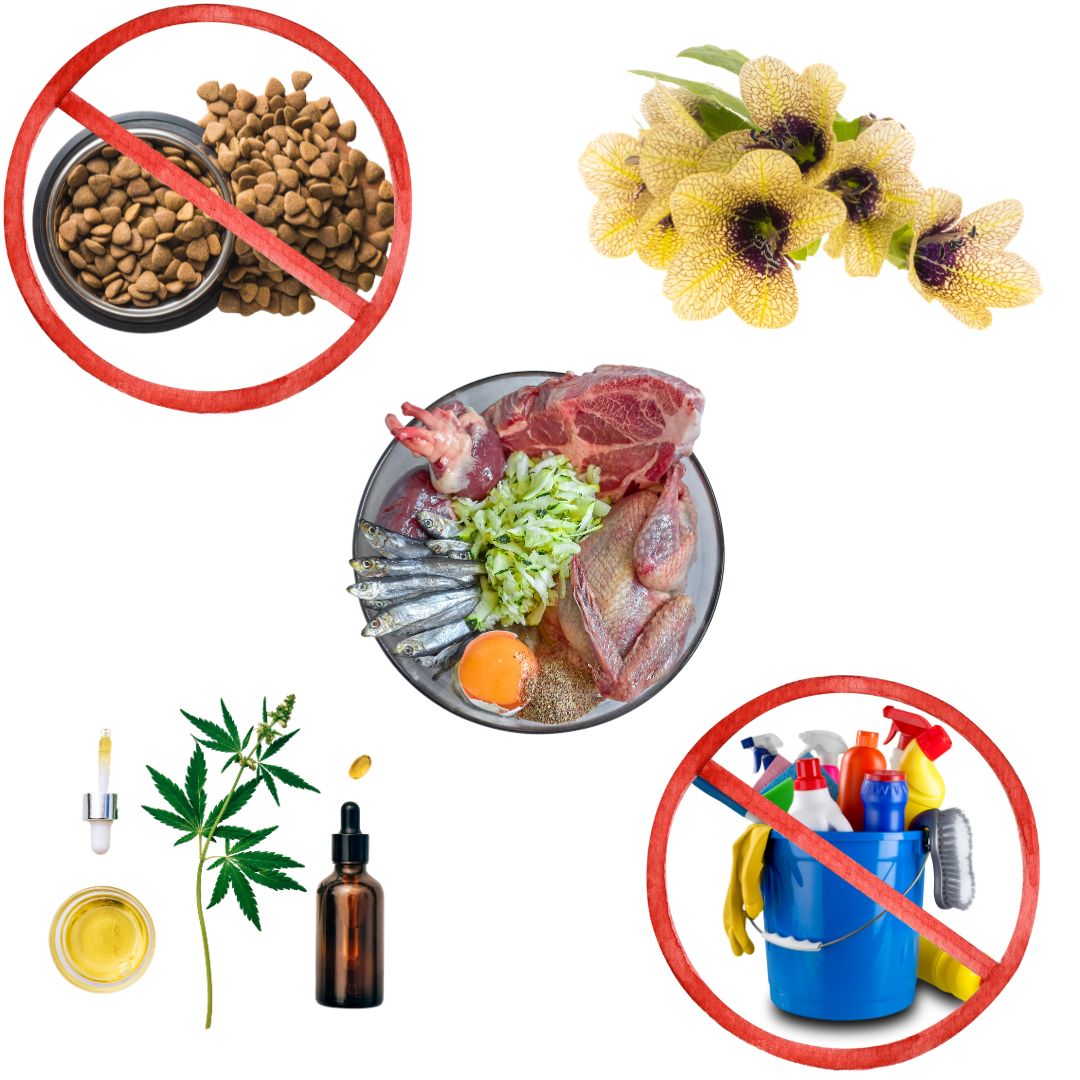Vaccines, shots, jabs, whatever you call them, they are one of the most common queries dog owners world over have. We always want to do right by our puppies, adolescent hooligans and subsequent mature adult dogs so along with figuring out what to feed them, we want to know how to optimise their health, or at least not compromise it needlessly.
In this article we are going to tell you all you need to know about puppy and dog vaccines, we’ll cover what vaccines are, which shots they need (we call them core ones), the optimal dog vaccination schedule and also consider some post-vaccination advice.
What is a vaccine?
A vaccination is a pharmaceutical product that prepares the body’s immune system to combat a disease it hasn’t come into contact with before. Vaccines are intended to prevent disease rather than treat it once it has been contracted.
Vaccines have eradicated horrific disease, so we value them as progress in both medicine and science. The issue we (and many far more intelligent people than us) have with vaccinations in dogs is simply the overdoing of it. Sit tight, we’ll come to that shortly.
Canident – Tartar remover for dogs
Why is more than one dose of vaccine given to pups?
Some puppies receive the first dose of their vaccination before they leave the breeder. Some will have their second dose before they leave, but new puppy owners will end up calling their vet the day they bring their new bundle of fluff home to book them in for their next dose. In an ideal world, the breeder’s vet and your own vet’s choice of vaccine will line up and you can just pop along for the second dose. But, we do hear of manufacturers not lining up and puppies needing to “re-start” their schedule with the same brand of vaccine. If you’re getting a new puppy soon, this is a conversation to have so you don’t give your puppy unnecessary vaccines just because the brand doesn’t match.
The reason your pup has two doses is simply because no-one can know if the first dose did anything. There can be what’s known as a maternal antibody clash. For the first weeks of their lives, puppies are protected by their Mum’s antibodies. Whilst these antibodies protect against disease, they can also inhibit vaccinations. In addition, the vaccine could simply fail to elicit a response. The puppy may not be healthy enough to render a sufficient response, or the vaccine could be inactive due to shipping/handling errors. Noone ever claims a vaccine is 100% effective and so puppies are offered 2 doses, just in case.
Types of Dog Vaccines
We’re going to focus on the vaccinations in the UK/Ireland, the US does have a slightly different schedule of core/non-core vaccines.
Core Dog Vaccinations
In the UK and Ireland we have three core dog vaccines, these are for parvovirus (CPV), distemper (CDV) and adenovirus (CAV). Core vaccine, meaning a dog should ideally have them to protect against pretty horrific disease.
Non-Core Dog Vaccinations
In addition, there are non-core vaccines that are authorised for use in dogs. These are for canine parainfluenza (CPi) and bordetella bronchiseptica. Further, non-core vaccines include those for canine herpes, canine coronavirus (not that one) and rabies virus. Non-core means there isn’t really a requirement to vaccinate a dog against them, but many vets promote them.

What is a booster?
Well, a vaccine booster is exactly what it says on the tin, it supposedly boosts the immune response. But this is a little misleading. A dog has either developed an immune response or it hasn’t. It can’t develop a boosted response and frankly, you wouldn’t want them too. The immune system should respond within reason – not too much (in cases of autoimmunity) and not too little (in cases of cancer or infection). That said, sometimes a vaccine is ineffective, and so a dog’s body does warrant another vaccine to remind it how it should respond to a particular disease. This repeat vaccine is a “booster.”
What Shots Do Puppies Need?
We’re talking about the UK and Ireland in this section, but we will note some of the diseases that the US vaccinates against too.
Parvovirus
Canine parvovirus (CPV) is a highly contagious viral disease that causes severe gastrointestinal sickness in puppies. The disease primarily affects puppies aged six to twenty weeks, but older animals are occasionally affected as well. Myocarditis (inflammation of the heart muscle) is a rare type of disease that can occur in extremely young (neonatal) puppies.
Canine Distemper
Canine distemper is an infectious disease caused by a virus that targets puppies’ and dogs’ respiratory, gastrointestinal, and nervous systems. The virus has also been found in foxes, wolves, coyotes, raccoons, skunks, mink, and ferrets, as well as lions, tigers, leopards, and other wild cats, as well as seals.
Adenovirus
Adenovirus is also known as infectious hepatitis. The virus that causes infectious hepatitis damages the liver, blood vessels, immune system, kidneys, eyes, lungs, and heart. The symptoms differ depending on which organs are damaged. Infectious hepatitis is spread through bodily fluids such as urine, faeces, and saliva. Most dogs contract infectious hepatitis from an infected dog or by visiting a location where an infected dog has been.
Rabies (not for UK & Ireland)
Rabies is a fatal disease caused by a virus that causes brain and nerve damage. The rabies virus spreads through saliva and can infect any species, including dogs, cats, ferrets, people, and wild animals. Unfortunately, rabies is a lethal disease with no cure but the UK is currently completely free from Rabies.
Leptospirosis
Leptospirosis in dogs is caused by a bacterial infection. The bacteria flourish in warm, damp conditions, particularly in late summer and early autumn, and can live for weeks to months. It can spread more easily during periods of heavy rainfall.
The most common way dogs contract leptospirosis is through urine-contaminated water, particularly stagnant or slow-moving water such as puddles, ponds, or lakes. Contact with urine-contaminated soil, bedding, or food is another source.
Many different animals, particularly rodents and small mammals like rats and raccoons, as well as some livestock, can spread leptospirosis through their urine. Leptospira can enter the body via the eyes, nose, or mouth and also through broken skin. The incubation period, or the time between exposure to the organism and experiencing symptoms, is approximately one week.
However, the Lepto vaccine does not come without some serious complications. For more information on lepto vaccines specifically, check out our article here.

Figures Indicate Leptospirosis Vaccine (Nobivak L4) Kills More UK Dogs Than it Saves
Kennel cough
Kennel cough is just the easy way of saying canine infectious respiratory disease or CIRDC. There are a number of causes of CIRDC, and one of them is the bacterium Bordetella bronchiseptica. It’s like the dog version of the common cold or a chest infection.
Factors contributing to the risk and severity of infection in puppies include close contact with other dogs, immature immune systems and immune dysfunction due to concurrent infection (viral, bacterial and parasitic).
Whilst a nuisance, kennel cough is not usually dangerous and is often self-limiting. In puppies, it is more ,of a concern, as with elderly dogs or those with existing illness.
To learn more about the kennel cough vaccine, and why you may feel it is not necessary, check out our article here.
Canine Parainfluenza
Canine parainfluenza is a respiratory virus; one of many that can cause kennel cough in dogs. It is highly contagious and most usually occurs when a large number of dogs are in close contact with one another. As we noted earlier, kennel cough is largely self-limiting.
Lyme Disease
Borrelia burgdorferi is a type of bacterium that causes Lyme disease. It is passed to dogs through the bite of an infected tick. Once in the bloodstream, the infectious organism travels around the body, most often settling in the joints or kidneys. The deer tick, often known as the black-legged tick, is the most common tick carrier of Lyme disease. Deer ticks are found throughout the Midwest and Eastern United States, as well as Canada, with the largest concentration in Ontario.
Lyme disease can also affect humans but us humans don’t catch it from our dogs, we catch it in the same way they do – from the bite of an infected tick.
To learn more about ticks on dogs, click here.
Coronavirus
No, it’s not that one. This coronavirus has been around for decades and causes problems in our dog’s gastrointestinal system.
Canine coronavirus illness (CCoV) is a highly contagious intestinal sickness in dogs, particularly puppies. Canine coronavirus is normally short-lived, however it can cause significant gastrointestinal discomfort in infected dogs for a few days. The virus belongs to the Coronaviridae family of viruses. When examined from above under an electron microscope, the virus appears to have a ring of projections that resembles a coronet, hence the name.
Worth noting here, however:
“The WSAVA Guidelines do not recommend the use of canine coronavirus (CCV) vaccines as the prevalence of clinical cases of confirmed CCV disease does not justify vaccination.”
Vaccinations are available for all of the above diseases/infections, but does your puppy or dog need them? And what should their vaccine schedule look like?
Let’s take a look.

Puppy Vaccination Schedule/ Age of puppies first shots
The most sensible approach to puppy vaccinations is based on the sound evidence of some great minds. Basically, vaccinate against any disease that is serious or life-threatening. Also, vaccinate as late as possible and then titre test before you consider re-vaccinating (also known as a booster). You should also only really vaccinate against something which your dog is likely to be exposed to.
In the UK and Ireland there are only currently three core vaccinations: parvovirus, adenovirus and distemper.
When To Start Puppy Vaccinations
WSAVA currently advises that core vaccines “can” be administered at 6-8 weeks of age and then every 2-4 weeks until 16 weeks or older. Revaccination can occur at 6 months or 1 year of age and then no more often than every 3 years.
However, those great minds we keep mentioning suggest that you should really look at starting puppy vaccinations at 11/12 weeks and no earlier. The second dose is also advised for around 2 months later – but this will likely depend on your vet.
How long after puppy vaccination can they go out?
Your vet will likely suggest that you keep your dog in until they have completed their initial vaccination course. If we are holding off on those vaccines until they are a little older, you may feel like you’re stuck between a rock and a hard place. Early socialisation is crucial for a well-rounded, emotionally stable dog.
So, instead, we refer back to that little phrase – protect from exposure. We can plan safe meetings with littermates, in puppy classes or with dogs we know to be fully vaccinated until the course is complete. We also need to keep our puppy away from strange dogs we don’t know the history of and from spaces with a high volume of dog traffic who could be carrying something.
Feeding Dogs – The top rated canine nutrition manual – available to buy
How often does my dog need to be vaccinated?
Puppies are vaccinated when they are well, puppies. Revaccination usually occurs at 1 year of age. Moving forwards, core vaccinations shouldn’t be given any more than every 3 years. In addition, WSAVA suggests that best practice is to titre test before vaccinating anyway.
“The VGG recognizes that at present such serological testing might be relatively expensive. However, the principles of ‘evidence-based veterinary medicine’ suggest that testing for antibody status (for either puppies or adult dogs) should be better practice than simply administering a vaccine booster on the basis that this would be safe and cost less.”
In addition, whilst the actual number of years is often debated, it seems protective antibodies can last (even longer than three years):
“It is known that a large majority of dogs maintain protective antibody against CDV, CPV-2, CAV-1 and CAV-2 for many years.”
Puppy Vaccinations Cost / how much are dog vaccinations
We’re not about to get into a debate about the types of vet practices around, but you’ll likely find differences in prices depending on where you go for puppy and dog vaccinations. We would advise you to call a few different practices to see what prices you can find.

Can dog vaccinations cause allergies?
Well, this isn’t quite as cut and dry as you’ve been led to believe. Vaccines are designed to elicit an immune response. They introduce a virus or bacteria so the body can mount a response in real time if it ever comes into contact with it again. To elicit a useful immune response, vaccines contain adjuvants (from the latin adjuvare which means to help or aid) and they work in a number of ways including the upregulation of inflammatory molecules.
So what happens sometimes is a dog becomes more inflamed (perhaps from a vaccine) and anything that was bubbling just under the radar can rear its ugly head. In some cases, a vaccine could be the straw that broke the camel’s back. This is why even manufacturer data sheets advise that only healthy dogs should be vaccinated.
Allergies in dogs are usually a perfect storm of genes and the environment, where we say genes load the gun, the environment pulls the trigger.
FAQs
How long does it take a vaccine to produce immunity/to be effective?
The onset of immunity in dog vaccines as stated by the manufacturer seems to vary. It appears to be anywhere between 1 week, 2 weeks and/or 4 weeks. Ask your vet for the manufacturer data sheet or search the NOAH compendium to find out for sure.
My dog hasn’t had shots in 3 years, what should I do?
Assess don’t guess. If your dog hasn’t had shots in three years, ask your vet to carry out a titre test. This way you can establish if they have protective antibodies. If they do, don’t sweat it. If they don’t you can discuss which vaccinations your dog may need. Challenge studies have demonstrated duration of immunity anywhere between 5-9 years on average (some even 15 years), depending on the vaccine. .
What is maternal immunity?
During pregnancy, antibodies are transferred to puppies. After birth, additional antibodies are passed from nursing dams to their pups through their milk. These are known as maternal antibodies and they help protect the puppies in the first few weeks/months of life. This concept is known as maternal immunity. Over time, maternal antibodies decline and they can no longer protect the pups; the pups are on their own. Maternal antibodies can interfere with vaccination responses and this is one of the biggest causes of vaccine failure. This is another reason we don’t jab too young!
Do puppies feel unwell after vaccinations?
Puppies will often be a little quieter than usual after vaccinations. This could be the excitement (or trauma) of the vet visit, or the immune response doing its thing. You may also notice redness or swelling at the site of injection. Some pups have a loss of appetite or a low-grade fever. Ask your vet for the signs and symptoms that you may expect and when you should be concerned. If you are concerned about your puppy after a vaccination, it goes without saying that you should seek vet attention.
Do vaccines provide 100% protection?
Why not go straight to the horse’s mouth for this one.
According to the WSAVA guidelines:
“Most vaccines do not prevent infection but reduce the severity of the illness associated with disease.”
Guess it depends on your definition of protection, and what you are hoping to achieve with vaccination.
Sticking with the WSAVA guidelines, we couldn’t have written a better sign off for this article:
“A veterinary surgeon is empowered to make a clinical benefit/risk judgement based on the local reports of infection and taking account of the age, health, home environment, travel plans and lifestyle for each individual animal presented for vaccination and discuss recommended vaccine schedules with the owner. Thus the decision to vaccinate the individual patient and the frequency thereof is a matter for the veterinary surgeon and his client to discuss.”

